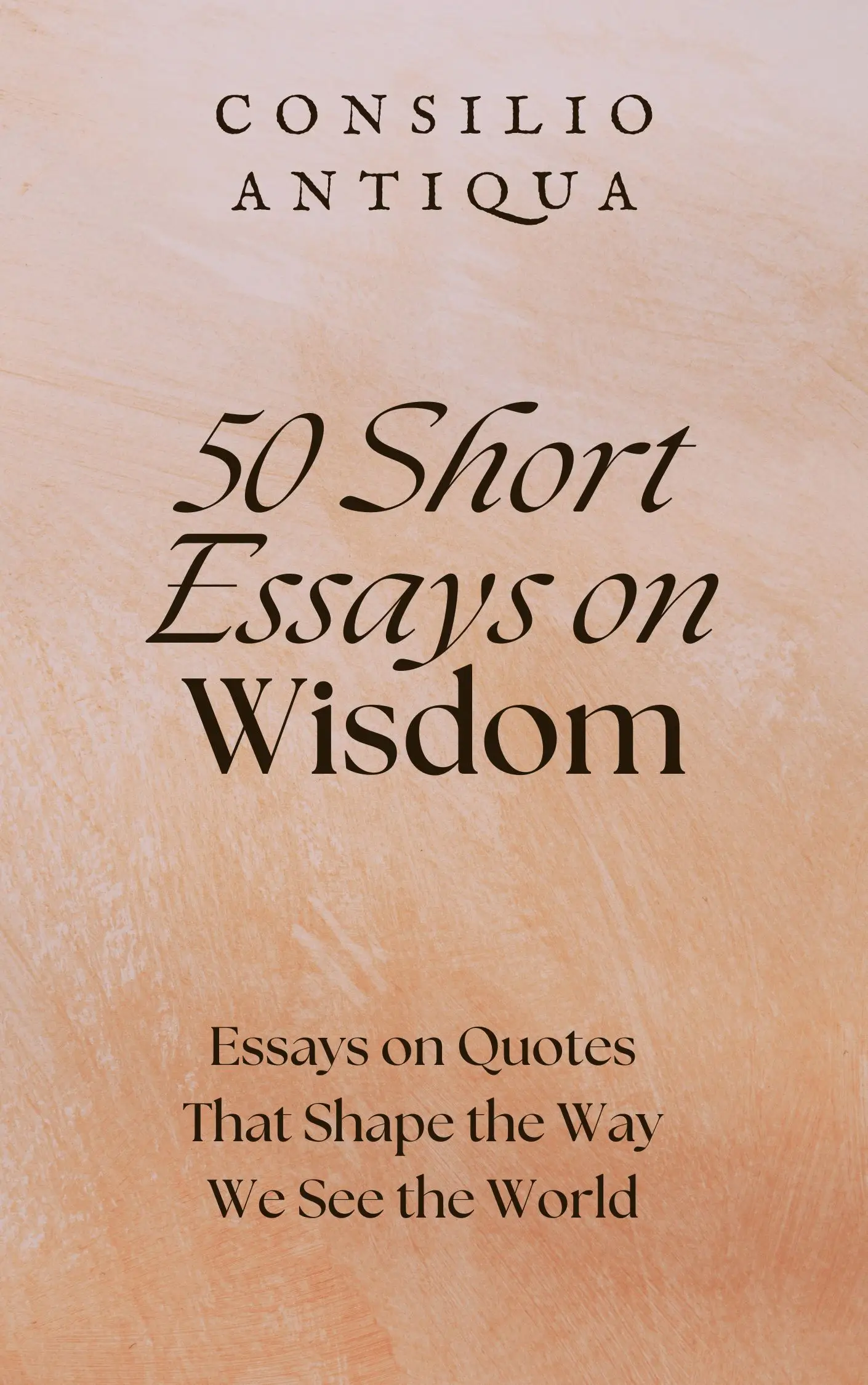
50 Short Essays on Wisdom | The Fool's Gold
The Fool's Gold
"All that glitters is not gold." - Shakespeare
A child, eyes wide with wonder, clutches a handful of glittering pebbles, their facets catching the afternoon sun. Nearby, a weathered hand rests on a smooth, unassuming stone, its beauty hidden beneath a dull exterior. This simple scene encapsulates the enduring wisdom of the proverb, "All that glitters is not gold," a timeless truth that continues to resonate across centuries and cultures. This essay will explore the proverb's origins, its core meaning, and its profound relevance to the complexities of modern life.
The phrase itself, though popularized by Shakespeare, predates him by centuries. Its roots can be traced back to ancient Greece, where similar sentiments about deceptive appearances were expressed in fables and philosophical discussions. Aristotle, for instance, cautioned against judging solely by outward appearances. The proverb's enduring presence in literature and folklore speaks to its universal appeal; a warning against the seductive power of superficiality. Shakespeare, master of human nature, employed the proverb to highlight the folly of chasing fleeting illusions, emphasizing the importance of discerning true value beneath the surface.
At its heart, the proverb speaks to the deceptive nature of appearances. It reminds us that outward brilliance – be it material wealth, social status, or fleeting popularity – often masks a deeper reality. True value, the proverb suggests, lies not in what shines brightly but in what endures, in what possesses substance and integrity. It is a call for discernment, for a critical eye that penetrates beyond the superficial allure to uncover the underlying truth. The wisdom of the proverb has endured because it speaks to a fundamental human experience: the constant struggle to distinguish genuine worth from mere illusion.
In our contemporary world, saturated with carefully curated images and the relentless pursuit of external validation, the proverb's relevance is perhaps more potent than ever. The rise of social media, for instance, has created a landscape where carefully constructed personas often overshadow authentic selves. Influencers, with their seemingly perfect lives and dazzling displays of wealth, may project an image of effortless success, yet this often masks the struggles and insecurities beneath. The pursuit of material wealth, too, can become a gilded cage, trapping individuals in a cycle of striving for more, only to find themselves empty and unfulfilled. Consider the character of Anya, a young woman consumed by the pursuit of social media fame, sacrificing genuine connections for fleeting likes and followers, only to find herself isolated and deeply unhappy. Her story serves as a stark reminder of the proverb's enduring truth.
What, then, does it mean to truly value "gold" over "glitter" in our own lives? What are the quiet, unassuming aspects of our existence that hold true worth? Consider the enduring power of genuine relationships, the quiet satisfaction of meaningful work, or the profound peace that comes from inner contentment. These are the treasures that do not glitter, yet they shine with a far more enduring light. Take a moment to reflect: What truly holds value for you? What aspects of your life are you prioritizing, and are they aligned with your deepest values?
In the end, the proverb's wisdom is not merely a cautionary tale but a call to mindful living. It is an invitation to look beyond the superficial allure of the world and to cultivate a deeper understanding of what truly matters. It is a reminder that true value often lies hidden, waiting to be discovered by those who possess the discernment to see beyond the glitter. The journey towards authentic living, then, is a journey of discernment, a constant striving to find the gold beneath the surface.
